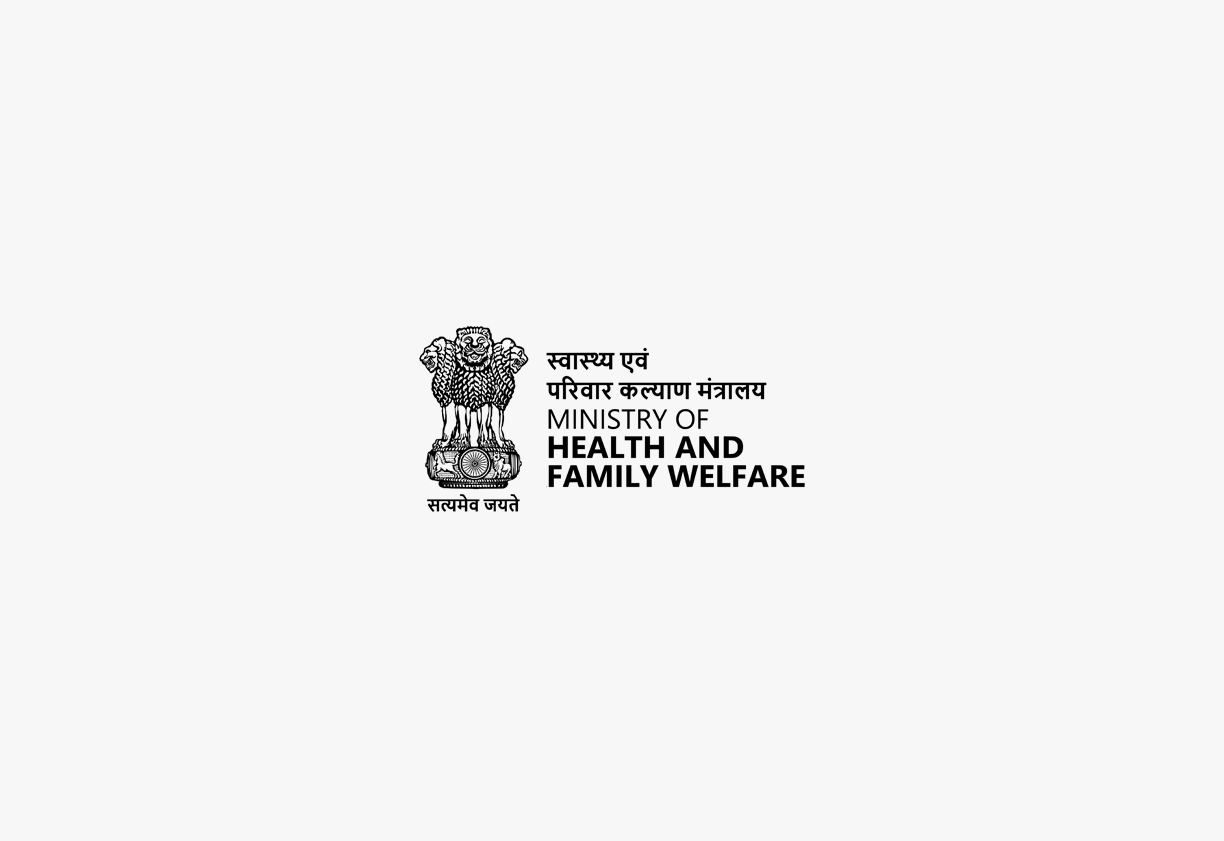Ministry of Health and Family Welfare
1: Act Background and Ministry Under Which This Act Is:
The Dentists Act, 1948, was enacted to regulate the profession of dentistry in India and to establish Dental Councils for this purpose. The act aims to ensure that dental services are provided by qualified professionals and that standards of dental education and practice are maintained. This act falls under the administrative control of the Ministry of Health and Family Welfare, which oversees the Dental Council of India and ensures its alignment with national health objectives. The ministry plays a vital role in maintaining standards in dental care.
2: Enactment Date, Number of Chapters, Number of Sections:
The Dentists Act, 1948, was enacted on 29th March, 1948, and is known as Act No. 16 of 1948. The act is divided into five chapters. It comprises 55 sections, covering various aspects such as the constitution of the Dental Council, recognition of dental qualifications, registration of dentists, and penalties for non-compliance. The act also includes a schedule listing recognized dental qualifications. The act has been amended over time to reflect changing needs.
3: Act Governed By:
The Dentists Act is governed by the Central Government, which has the power to make rules and regulations under the Act. The Dental Council of India (DCI) is the primary regulatory body at the national level, while State Dental Councils oversee implementation at the state level. The act is governed by the provisions outlined within it, as well as rules and regulations framed by the Central and State governments. It is a combination of central and state guidelines.
4: On Whom It Is Applicable:
The provisions of the Dentists Act are applicable to all individuals and entities involved in the practice of dentistry in India. This includes dentists, dental hygienists, dental mechanics, dental colleges and training institutions, and State Dental Councils. The act ensures that all dental professionals are registered and practice within the framework of the law. The general public are indirect beneficiaries of the act’s provisions.
5: Penalties/Punishments:
The act prescribes various penalties for offenses, including:
-
Falsely Claiming to be Registered: Falsely representing oneself as a registered dentist can result in fines and imprisonment.
-
Misuse of Titles: Improper use of titles like “dental surgeon” by unregistered individuals is punishable by fine or imprisonment.
-
Practice by Unregistered Persons: Practicing dentistry by unregistered individuals can lead to fines or imprisonment.
-
Failure to Surrender Certificate: Failing to surrender a certificate after removal from the register attracts a fine. The act’s focus is on maintaining professional standards.
6: Important Pointers:
-
Dental Council of India: The act establishes the Dental Council of India (DCI) as a central regulatory body.
-
State Dental Councils: It provides for the formation of State Dental Councils to maintain registers and enforce standards at the state level.
-
Registration of Dentists: The act mandates the registration of dentists and the maintenance of a register.
-
Recognition of Qualifications: It outlines the process for recognizing dental qualifications and training institutions.
-
Indian Register: It establishes the Indian Register of Dentists, which is maintained by the DCI.
-
Regulation Making: It empowers the DCI to make regulations for maintaining standards in dental education and practice.
-
Withdrawal of Recognition: It allows for the withdrawal of recognition of qualifications and institutions that do not meet the set standards.
-
Reciprocity: It provides for reciprocal recognition of qualifications with other countries. The act provides a comprehensive framework for dental regulation.
7: Act Copy:



